Continuous carbonization furnace installed in Sri Lanka
We are delighted to announce that our continuous carbonization furnace has been successfully delivered to our client in Sri Lanka!
Through in-depth communication and collaboration with the client, we have tailored a comprehensive solution that not only meets their requirements for capacity, efficiency, and environmental friendliness but also brings about a mutually beneficial partnership.
Client background
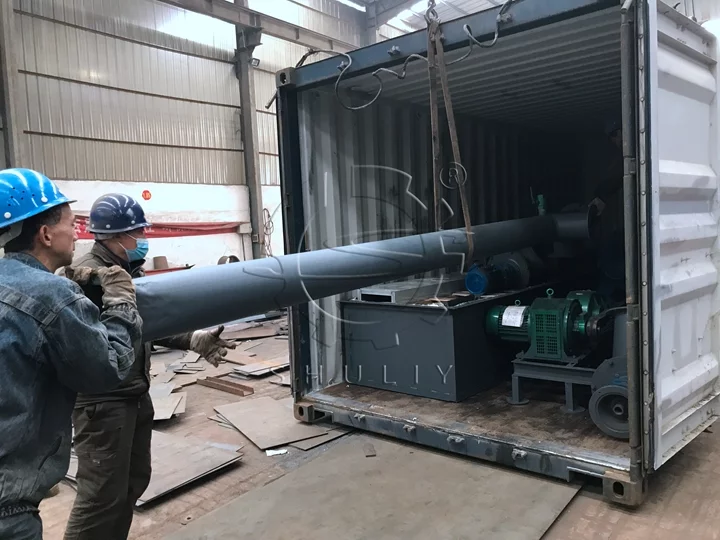
Sri Lanka, as a tropical island nation, boasts abundant agricultural resources, leading to the production of a substantial amount of agricultural residues such as crop straw each year. These residues not only occupy land but also contribute to environmental pollution when burned.
To address this issue and fully utilize local resources, a Sri Lankan bioenergy company decided to invest in a modern bioenergy plant.
Client needs and challenges
- Capacity demand. The client required a carbonization furnace that could meet their growing market demand and achieve large-scale production.
- Raw material adaptability. Given the diverse range of crops in Sri Lanka, the client sought a furnace capable of processing various biomass feedstocks, including coconut shells, palm shells, and wood chips.
- Energy efficiency. The client prioritized energy efficiency in the furnace to reduce production costs.
- Environmental compliance. Considering the local government’s emphasis on environmental protection, the client demanded that the furnace emissions adhere to stringent environmental standards.
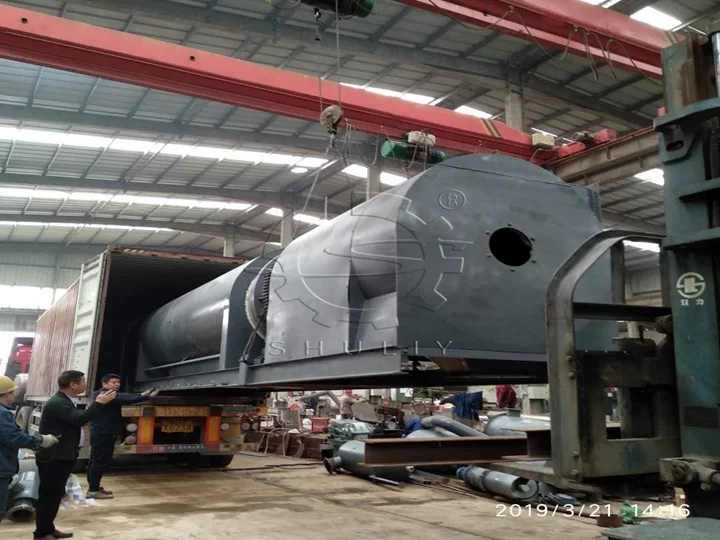
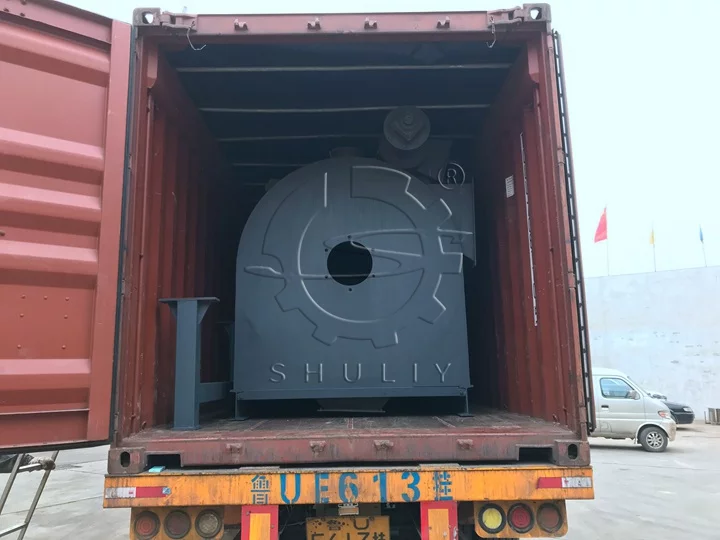
Our solution
After in-depth communication and technical exchanges, we tailored a continuous carbonization furnace solution specifically for the client. This solution featured:
- High capacity. Employing advanced continuous design, the furnace significantly improved carbonization efficiency to meet the client’s production demands.
- Strong raw material adaptability. The furnace’s temperature and atmosphere can be flexibly adjusted to accommodate various biomass feedstocks.
- Energy efficiency. The adoption of a highly efficient heat recovery system minimized energy consumption.
- Environmental design. The flue gas generated within the furnace undergoes multi-stage purification, ensuring emissions well below local environmental standards.
Key issues and solutions during the sales process
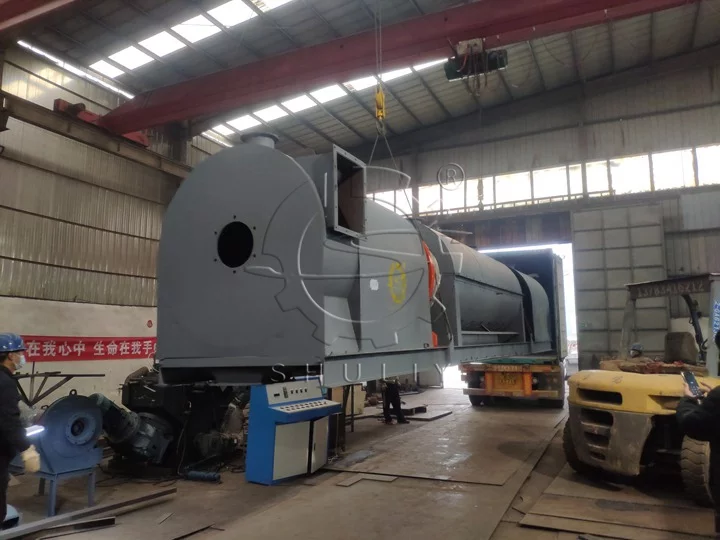
- Client doubts about equipment reliability. We addressed these concerns by providing detailed explanations of the equipment’s materials, processes, and quality control systems, along with successful case studies.
- Client concerns about installation and commissioning time. We committed to providing professional installation and commissioning services, and developed a detailed construction plan to guarantee timely project completion.
- Client demand for after-sales maintenance. We offered a comprehensive after-sales service system, including spare parts supply and remote technical support, to ensure long-term stable operation of the equipment.
Client benefits of buying continuous carbonization furnace
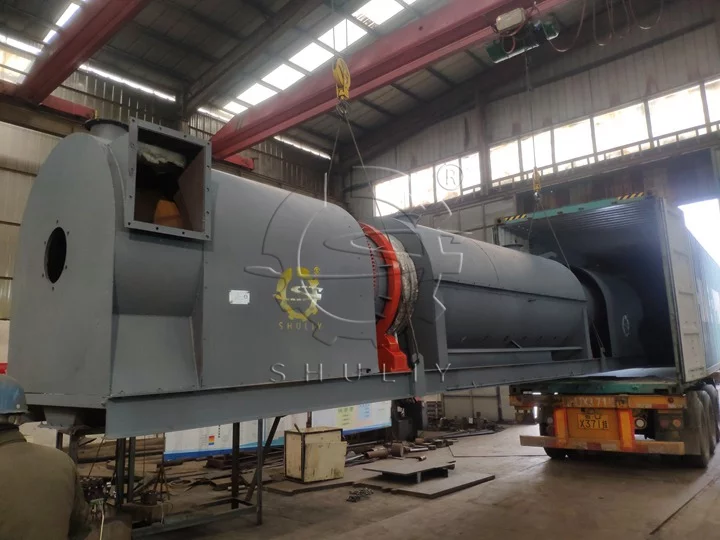
- Improved economic benefits. By converting biomass waste into high-value biochar, the client achieved significant improvements in economic returns.
- Environmental enhancement. As a premium soil conditioner, biochar helps improve soil quality and reduce greenhouse gas emissions.
- Enhanced corporate image. By investing in advanced bioenergy projects, the client has established a positive corporate image.
Conclusion
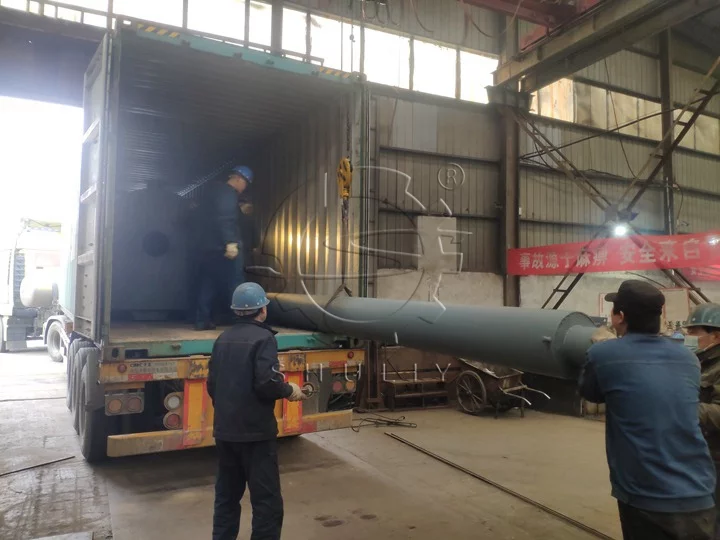
The successful completion of the Sri Lankan project fully demonstrates the competitiveness of our continuous carbonization furnace in the bioenergy sector.
We will continue to uphold our customer-centric principle and provide even better products and services to global clients.
